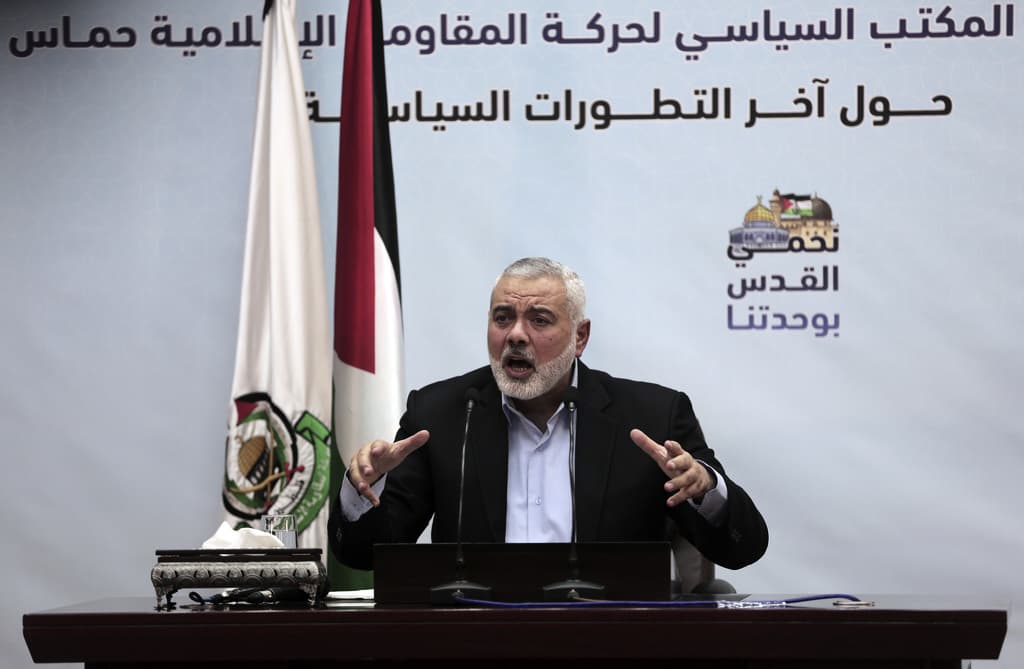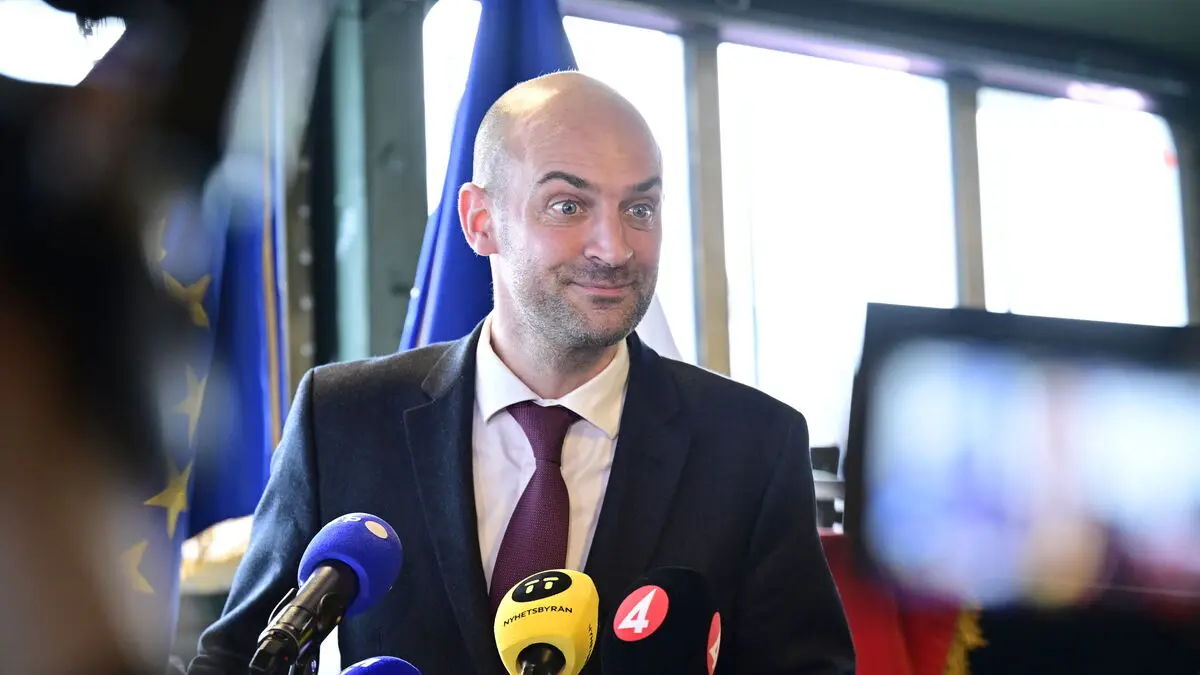Ekholm emphasizes that there is great uncertainty surrounding the attack that killed Haniya. But everything indicates that Israel was behind it, and in any case, it will have major consequences for the war in Gaza and also the conflict as a whole.
It makes it difficult to reach some kind of agreement with Hamas, says Ekholm, referring to the talks about a ceasefire in the war.
But it follows essentially the objectives that one has said one has had all the time, namely to destroy Hamas' ability to act militarily and function as a political unit.
"We're coming"
Ekholm, who is active at the Defense University and has also visited the Israeli defense IDF during the war, emphasizes that Israel has been clear that all those responsible for the major Palestinian terrorist attack from Gaza on October 7 last year are targets.
They have fulfilled the promise they made then – we're coming.
Anders Persson, Middle East expert at Linnaeus University, says that the killing of Haniya shows that Israel has a long arm inside Iran.
It shows Israel's determination to strike out Hamas leaders, even if they are outside Gaza.
It is also a defeat for Iran and shows weaknesses in Iran's security work when they have not been able to protect this guest.
Anders Ekholm calls it "extremely embarrassing" for Iran, and continues:
If one can more convincingly prove that it really was Israel, one will likely have very difficulty not responding to this.
Important role
Both experts also note that Israel may have wanted to take advantage of the fact that Haniya was visiting Iran, since the Hamas leader has been considered more protected in Qatar – the mediator country where he has been for many years.
Ismail Haniya has led Hamas' political bureau since 2017 and has, according to Anders Persson, "been upgraded".
His position now was more ceremonial. Nevertheless, he was a high Hamas leader and had an important role in negotiations.
Anders Ekholm is also of the opinion that Hamas' military leaders on the spot in the Gaza Strip, Yahya Sinwar and Mohammad Dayf, may be more important.
From an Israeli perspective, one would probably rather have seen that one had Sinwar's head on a platter. He is more of a symbol of the armed resistance.






